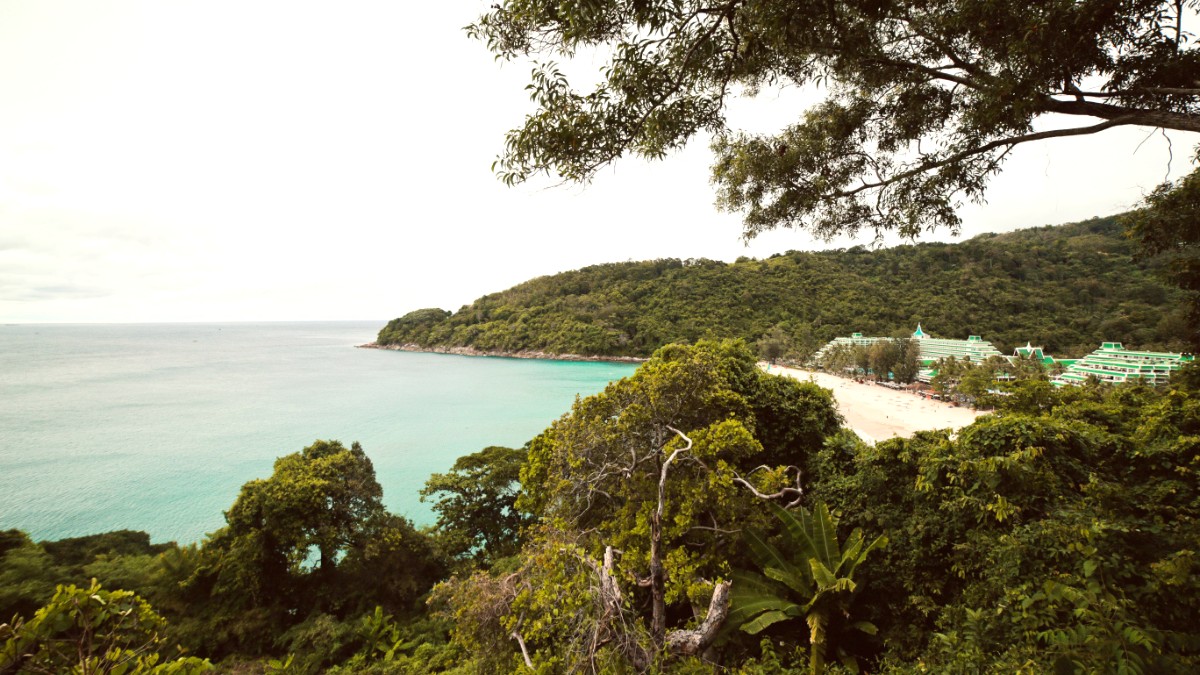
Andaman Coast, Thailand
Thailand has major mobile providers: AIS, TrueMove H, and DTAC. All offer good coverage.
Wi-Fi is widely available and often free in hotels, guesthouses, restaurants, and cafes.
A local post office is in Saladan. Use it for postcards or packages.
Thai is the official language. English is common in tourist areas, but limited elsewhere.
Locals appreciate the effort, even if your pronunciation is not perfect.
Most businesses on Ko Lanta cater to tourist schedules, with some variations.
Shops and restaurants in tourist areas are open from around 9 AM to 10 PM. Convenience stores operate 24/7.
ATMs are plentiful in Saladan and along the main road. Most charge a 220 THB foreign card fee. You can find independent lounge access with Priority Pass.
Tour agencies usually open from 9 AM to 8 PM, simplifying next-day excursion bookings.
During the low/green season (May-October), many smaller businesses, especially beachfront spots, may close or operate on reduced hours.
Thailand observes numerous public holidays. Most tourist services operate as normal, but some closures or restrictions occur.
Plan cash withdrawals accordingly, as full-service banks are mostly found in Krabi Town. For flight delay compensation, consider Compensair.
Navigating local customs with grace enriches your Ko Lanta experience.
The traditional Thai greeting is the 'wai'. Press palms together in prayer-like gesture at chest level, with a slight head bow.
Lightweight, comfortable, and relatively modest clothing is best for most settings.
Learning a few basic Thai phrases shows respect and can bridge communication gaps.
Accessibility for travelers with mobility challenges is a consideration for Ko Lanta.
Ko Lanta's infrastructure is generally not designed for accessibility.
Some newer, high-end resorts may offer accessible rooms and facilities.
No specific services are widely available for travelers with visual impairments.
No specific services are widely available for travelers with hearing impairments.
Limited specific resources for Ko Lanta exist regarding accessibility.
General advice for accessible travel in Thailand might be applicable.
Travelers with mobility impairments should expect challenges and plan thoroughly.
Contact accommodations and tour operators directly to assess their capabilities.